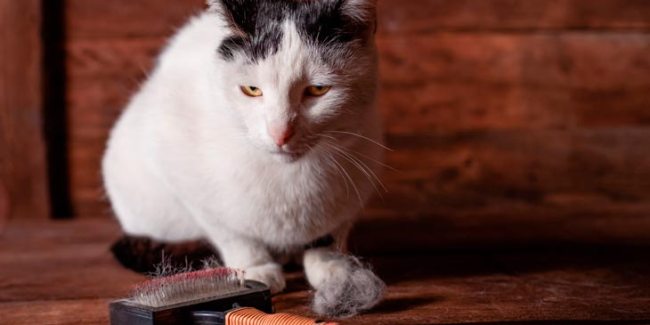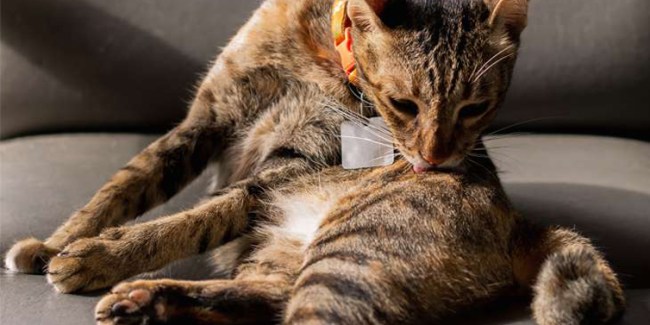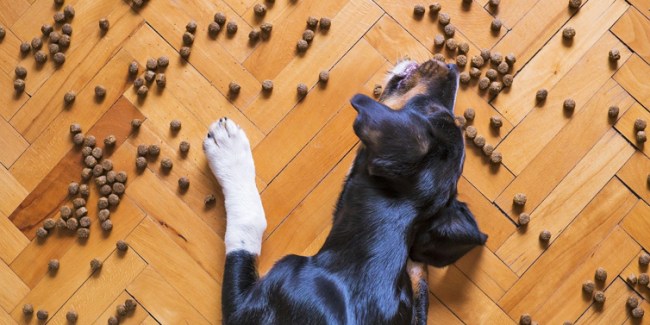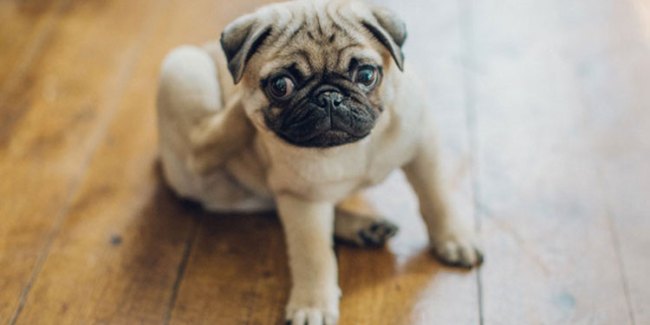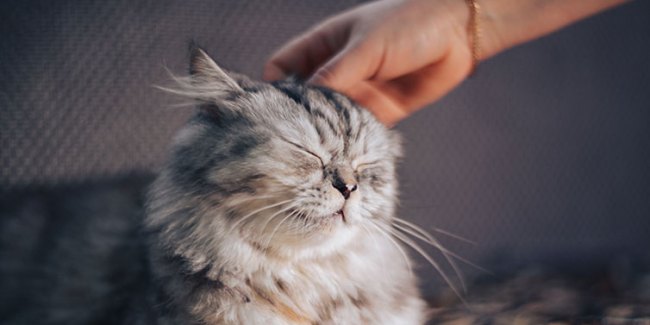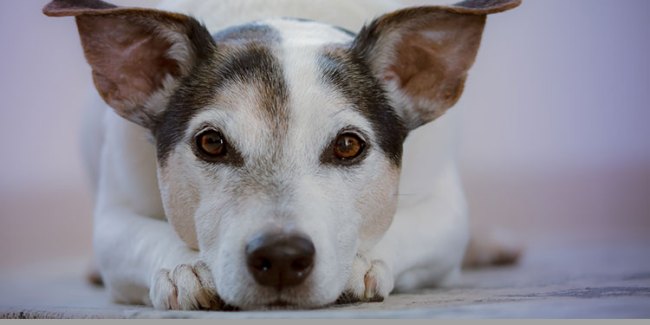Tummy Troubles in Cats
Cats, like us, can suffer from occasional stomach discomfort, which is just as uncomfortable for them as it is for us. We need to be able to know when the symptoms suggest something serious.
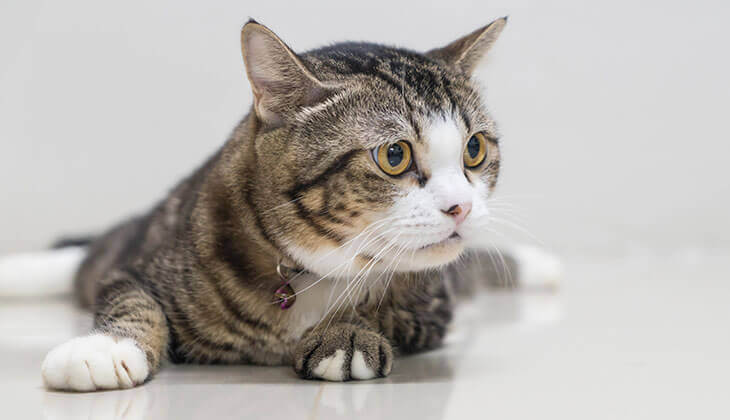
Surely I should respect my kitty’s privacy?
Cats, like us, prefer to be alone when relieving themselves. But many of our homes are not always big enough or set out with a view to cats’ privacy. This is a good thing, however, because, as their caretakers, we need to be aware when kitty’s toilet activities may indicate that something serious may be going on with his/her digestive tract. A particularly noisy toilet session or unpleasant smells may suggest that kitty has a problem. If there is a change in consistency or quantity of kitty’s faeces or if your cat has ongoing digestive problems, a visit to your vet will be necessary.
What causes diarrhoea in cats?
Cats and dogs can suffer from minor digestive upsets which will usually go away on their own. An occasional upset stomach is not unusual in our furry companions. Often, diarrhoea may first appear as softer stools and may be less obvious. There are many possible causes of diarrhoea, which include:
- Changes in diet
- Poisons (household toxins or plants)
- Intolerance to certain foods (e.g. milk, sugary or starchy foods)
- Parasites (Giardia, Tritrichomonas) or intestinal infections, caused by viruses, bacteria or worms
- Behavioural or stress factors
- Side effects of medications
- Chronic kidney or liver diseases
- Overactive thyroid (hyperthyroidism)
- Tumours (e.g. alimentary lymphoma)
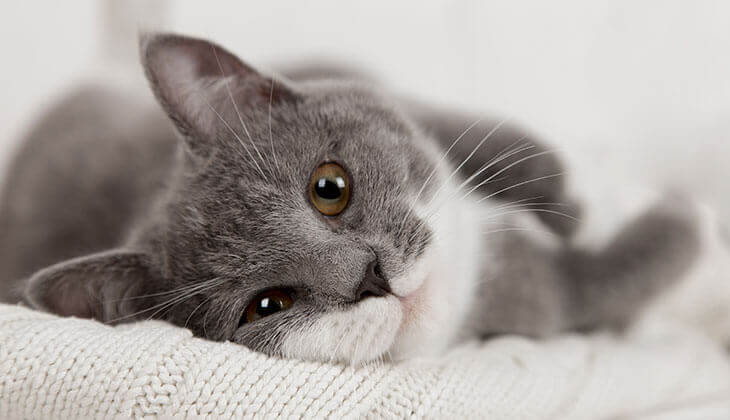
When should I take him to the vet?
- A visit to the vet is usually not necessary if the diarrhoea disappears after a couple of days.
- Watch his/her activity and energy levels. If your kitty’s behaviour changes, consult your vet.
- Serious illnesses can be the reason for intestinal problems.
- Despite regular deworming, for example, parasitic infection – especially with Giardia or Tritrichomonas – is the most common cause of chronic, intermittent diarrhoea.
Can diarrhoea be a sign of other diseases?
Yes, it can, so it is important to observe your pet carefully. If your kitty seems lethargic or disinterested or if he/she refuses food and/or water, you should take him/her to a vet.
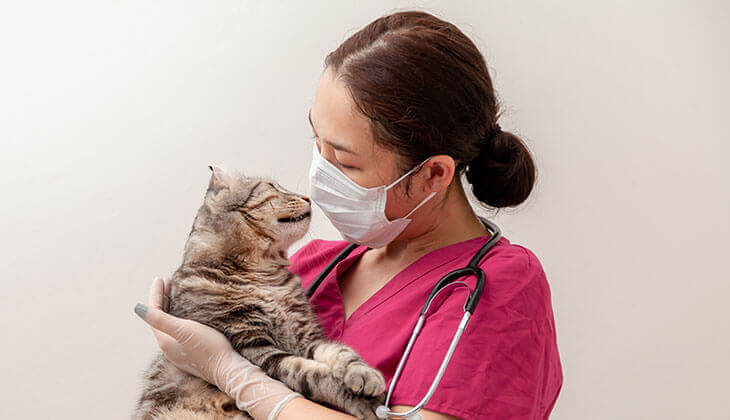
Chronic or short-term, severe diarrhoea can be life-threatening in cats, particularly if it causes weight loss and dehydration. This may be very dangerous in old, weaker kitties. It is also important to act quickly when young kittens suffer from diarrhoea as they are less intolerant of dehydration and are more susceptible to infections as their immune systems are still developing. It is important to visit your vet who will diagnose the cause of these symptoms and give your kitty the proper treatment.
What are the treatments for diarrhoea in cats?
You can assist your vet in making a diagnosis if you can identify a cause for your kitty’s diarrhoea. Causes may include a certain food or stress. Once the cause is found, it will be easy to avoid it to prevent future episodes. Your vet will advise you about any essential treatments or further measures to be taken.
ZA-NON-220100009

Subscribe to our Newsletter
Get to know your furry friend better! Sign up for all things dog- or cat-related.
The Hairy Facts about the dreaded hairball
12 April 2021
Help! My dog’s barking mad! Volume 2
12 April 2021
Your Itchy, Scratchy Cat – All About Cat Skin Problems
12 April 2021
The Dog’s Diet: A Bone of contention?
01 April 2021
Mango Fly Worms: How to Spot and Eliminate them
Posted on November 28,2019
Managing Mange And Mites In Your Dog
Posted on June 11,2018
Why Do Cats Purr and How? Learn What Your Cat Is Saying
Posted on October 14,2020
How to Get Rid of Ear Mites in Dogs
Posted on November 06,2019


